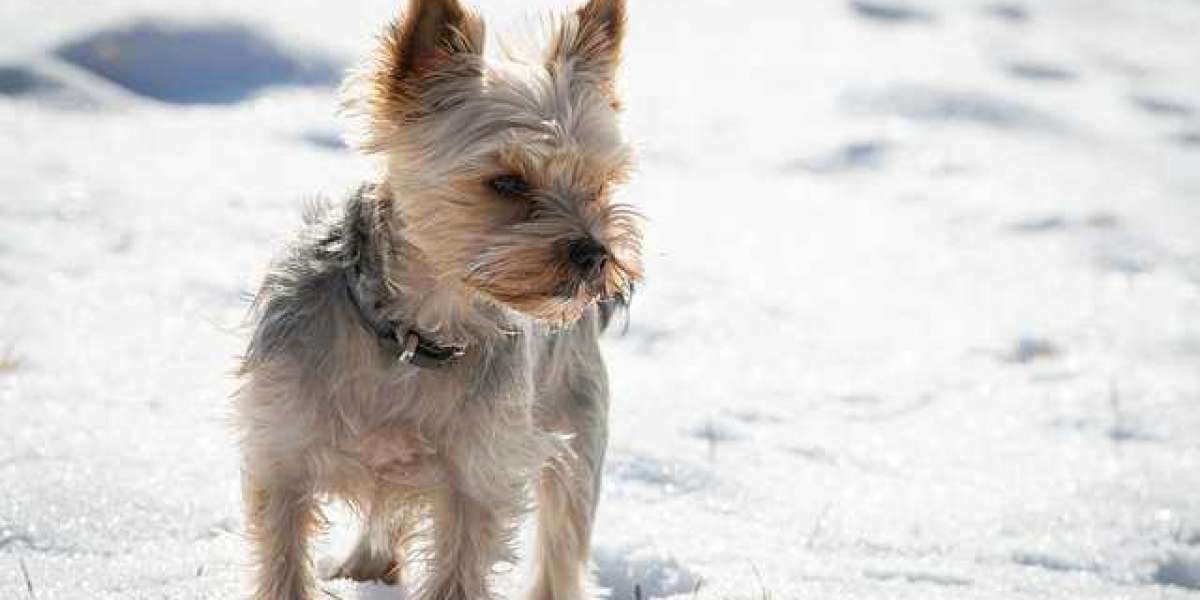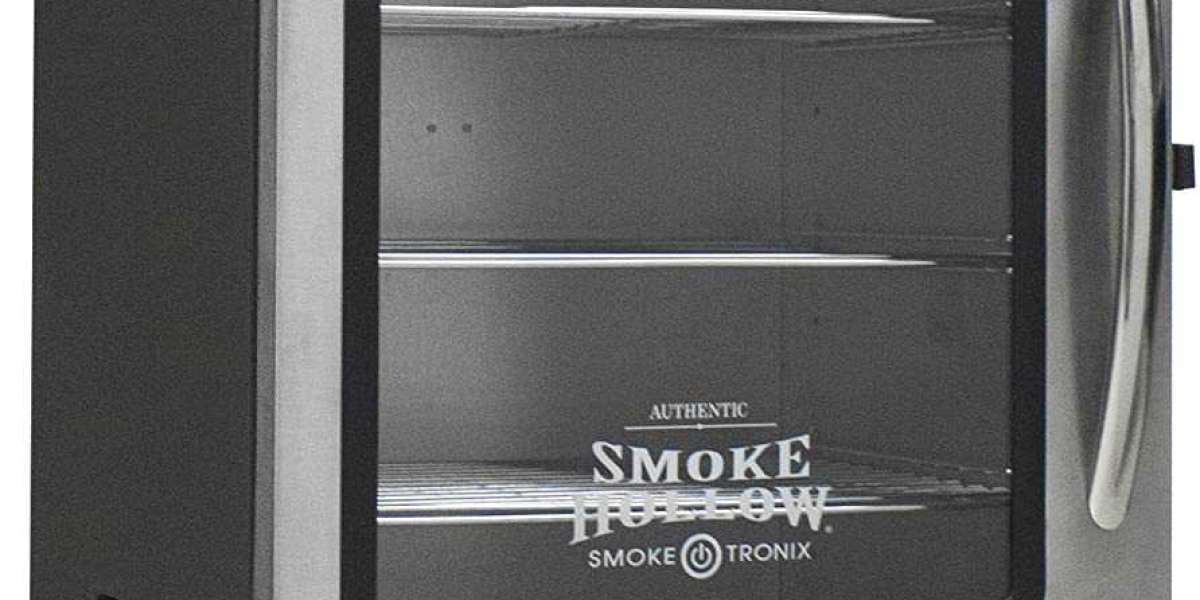Cold weather, and cold climates can pose unique issues for pet owners - especially for those who own dogs that stay outside the majority of the time or dogs that have to go outside to burn excess energy. As a pet owner, how do you deal with colder weather, and how do you keep your pet safe?
Pets are Not Meant to Stay Outside in Cold Conditions
It is perfectly safe for your pet to stay outside in cooler weather, but when it starts getting cold it is time to bring them indoors. This is especially true for extreme cold or weather conditions, and for breeds that are not meant to stay out in the cold. Breeds with short, thin fur, or no fur at all should have limited exposure to the cold. In colder weather safety can become an issue - and pets can get colds, respiratory infections, and hypothermia if exposed too long. Other "cold weather" breeds are built to tolerate lower temperatures. Use your judgement, and if you know a cold snap is coming or bad weather bring your pet indoors.
Change the Food Intake
Some dogs will eat less in the winter, because they become inactive. Others could care less what the temperature is outdoors. If your pet slows down in the winter months, make sure to adujst their food accordingly - otherwise you may have an overweight pet on your hands come springtime. However do not cut the food intake too much since they do need food for energy, and that is how their body produces heat to stay warm. If you have questions, or if your pet is experiencing a weight gain or loss make sure to consult your vet.
Fresh Water
You should always make sure that fresh water is accessable to your pet. But even if you give them fresh water that doesn't mean it will stay unfrozen. If the water is freezing in your pets dish it is time to bring them indoors - that is an indication it is getting too cold outside. Also, always use a plastic dish and not a metal one because your pets tounge will stick to metal once it starts getting colder.
Put on a Coat
Doggie fashions are not just for fashion, they can be vital to keeping your pet healthy. If you have a short haired or hairless dog you will need a coat or sweater for the winter months. Dogs who have short fur or no fur at all are more prone to contract a cold, respiratory infection, or hypothermia. And contracting an illness does not take that long. Dogs who get cold easy can get a resiratory infection in the length of time it takes to go for a bathroom break.
Beware of Anti-Freeze
This is true for anytime of year, but is more common in winter months. Anti-freeze is toxic to animals, but because of its sweet smell and taste they are naturally drawn to it. If your pet ingests anti-freeze, or you have suspicions that they did contact your vet immediately.
Provide Adequate Shelter
Another rule that should be followed all year is giving adequate shelter to your pet, both from the cold and from the heat. If your pet spends a lot of time outdoors make sure they have shelter to escape from the elements, or even a peaceful place to rest. Mats are a great addition to shelters, they can be both warming in the winter and cooling in the summer.







